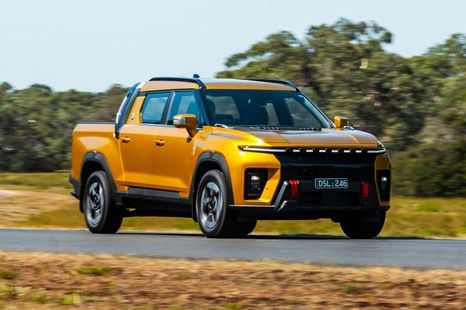

Ben Zachariah
2026 KGM Musso EV review
5 Hours Ago

News Editor
Toyota has previewed its bZ Compact SUV Concept at the Los Angeles motor show, though it stopped short of providing any specifications.
The bZ Compact SUV was one of the 16 electric Toyota and Lexus concepts previewed late last year, though Toyota didn’t reveal its interior at the time.
It has now showcased the electric crossover’s futuristic, rather industrial-chic cabin, which uses eco-friendly materials – for example, the seats are made from plant-based and recycled materials.
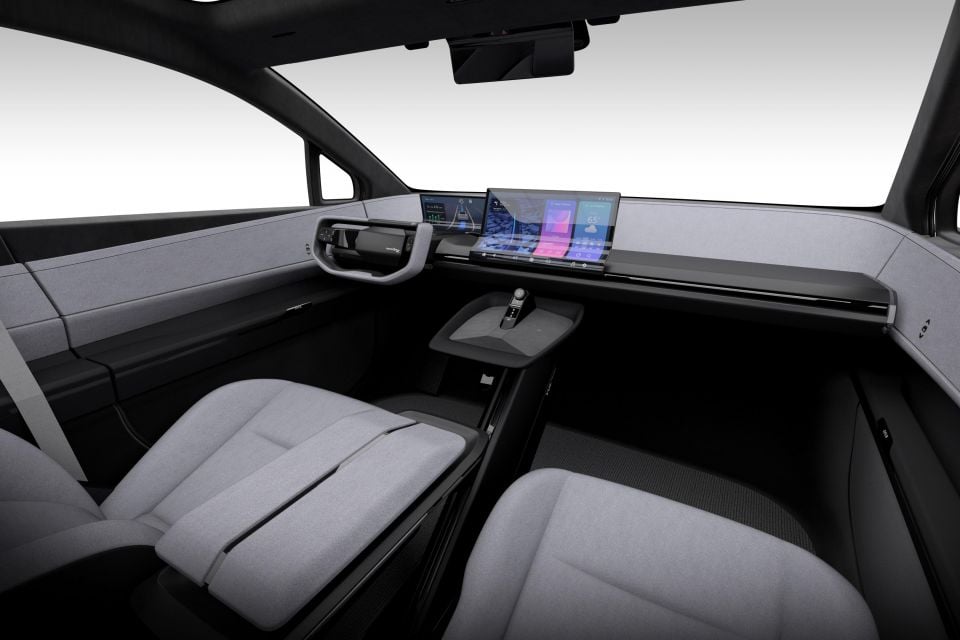
A wide steering yoke sits ahead of the driver, while the gear selector sits on an unusual podium connected to the floor of the cabin. Also gracing this podium are two wireless charging pads and the vehicle start button.
There’s a wide touchscreen and a free-standing digital instrument cluster, and both feature unusual curved-glass screens.
Toyota says an in-car personal assistant named Yui “connects the driver and passengers with the vehicle”, responding to requests and commands from occupants with audio and visual lighting cues that move around the cabin.
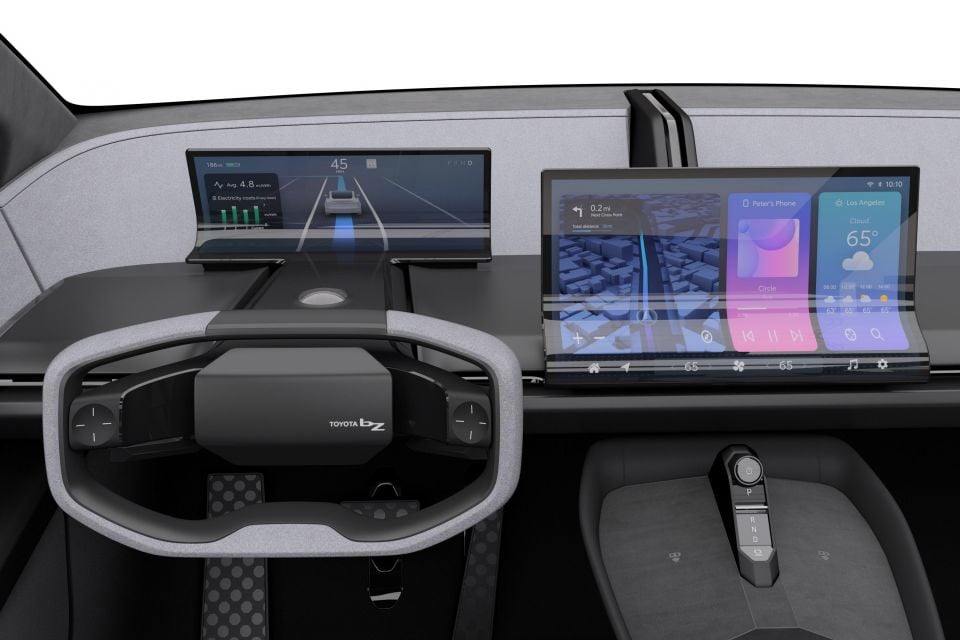
While it didn’t release any power, torque, battery or range figures, Toyota says the concept offers “fun to drive, exhilarating performance” and “leading technology”.
The larger bZ4x, due here in the second half of 2023, is offered overseas with a choice of 150kW single-motor front-wheel drive or 160kW dual-motor all-wheel drive configurations, both teamed with a 71.4kWh lithium battery pack.
The single-motor version has a claimed driving range of 516km on the stricter WLTP cycle, while the dual-motor version has 470km.
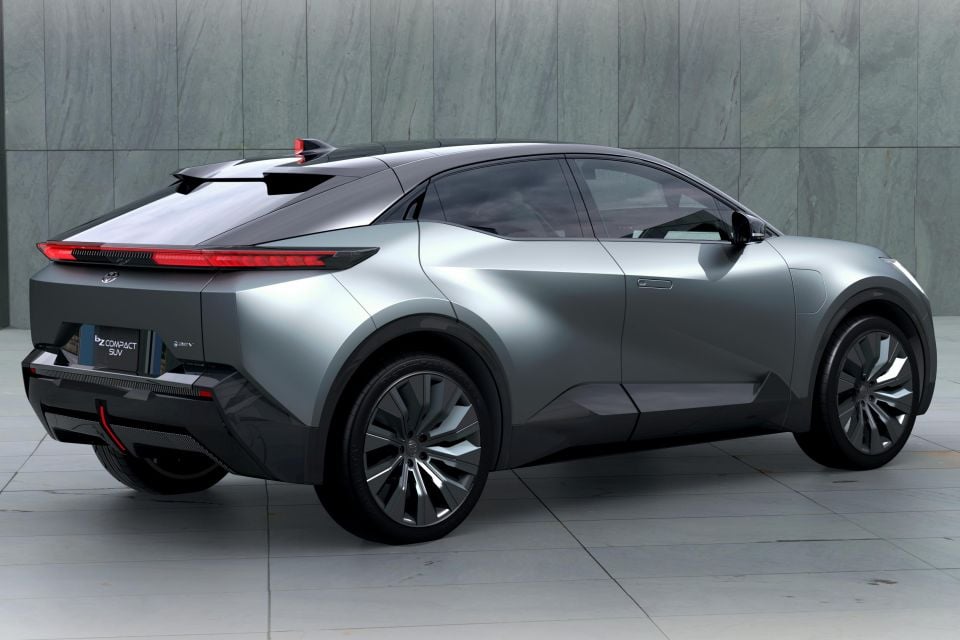
The shape and proportions of the bZ Compact SUV Concept are somewhat reminiscent of the current Toyota C-HR, sold in Australia only with petrol or hybrid powertrains but offered in China as a full electric vehicle.
The exterior styling of the concept somewhat resembles that of a vehicle depicted in an Australian patent filing in September.
There’s a wheel at each corner stance with minimal overhangs and, as Toyota puts it, “a narrowed-down cabin design” to give it a more agile look.
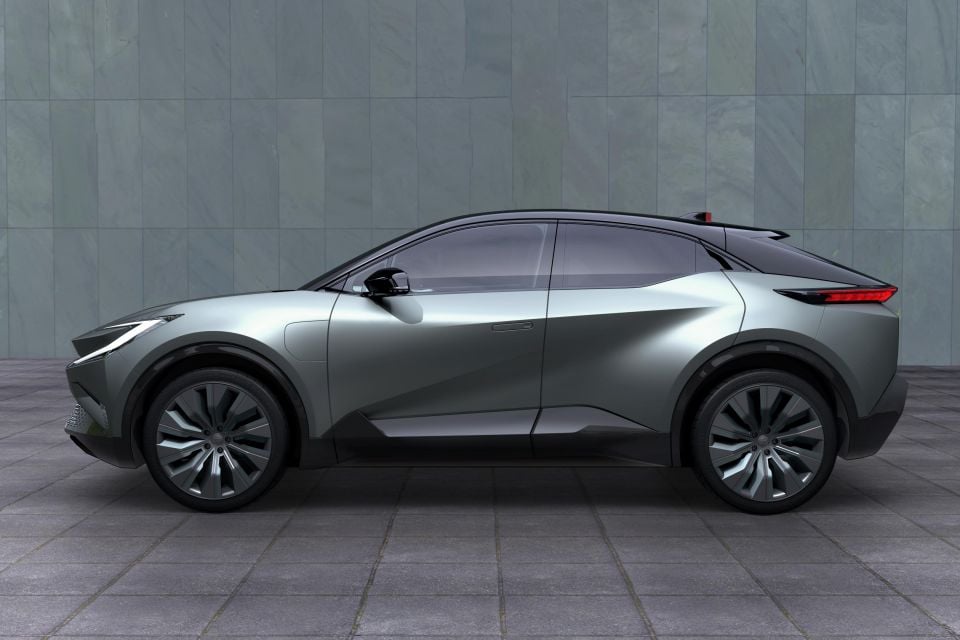
The company says the bZ Compact SUV Concept has been designed as a full battery-electric vehicle, and it plans to offer 30 EVs in total including five with the bZ nameplate.
In revealing the bZ Compact SUV Concept, Toyota didn’t confirm when it plans to have these 30 EVs on sale. It previously pledged to have them by 2030, but a recent report indicated Toyota is considering a drastic overhaul of its EV plans.
It recently introduced the bZ4x mid-sized crossover and has revealed the bZ3 sedan for China.
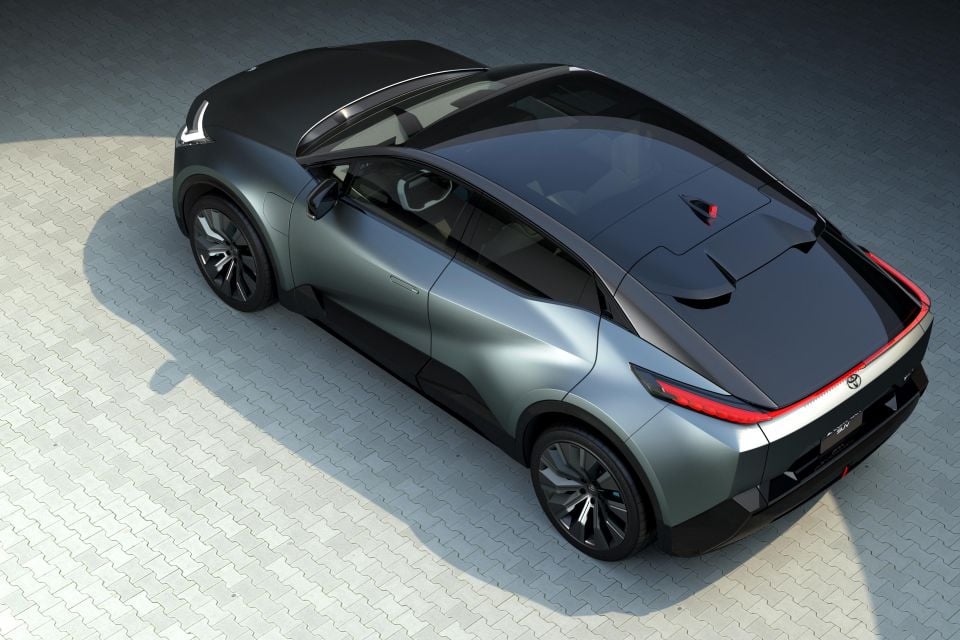
While the automaker considers its options, it has reportedly paused several of the EV projects announced at the end of 2021. Documents seen by Reuters say work has stopped on the EV version of the Crown, and the Compact Cruiser crossover, which had styling reminiscent of the the FJ Cruiser.
One plan being considered would see Toyota incorporate new technologies into the e-TNGA platform in order to stretch out its working life, and make it more competitive.
Another more drastic option will see Toyota phase out the e-TNGA EV architecture much earlier than anticipated, with many models cancelled.
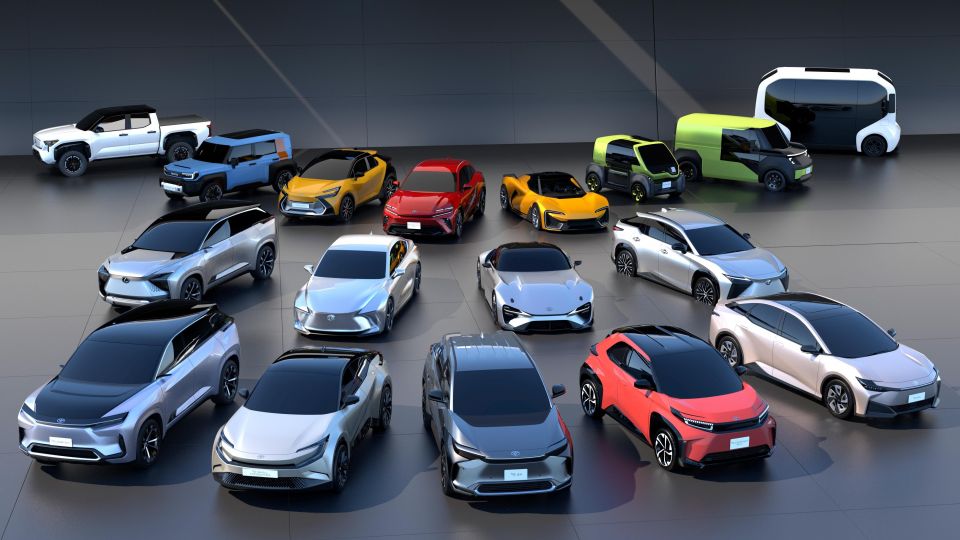
While this would put Toyota further behind the pack in the short term, it would allow the Japanese giant to concentrate on developing a new ground-up EV architecture, which could take as long as five years.
The EV-only e-TNGA and petrol/hybrid TNGA platforms share a lot in common, speeding up the development time of the former, and allowing vehicles on both architectures to be built on the same production lines.
When Toyota was operating on lower EV forecasts these features were seen as benefits, but with the focus increasingly shifting towards EVs the platform could be holding the firm back.
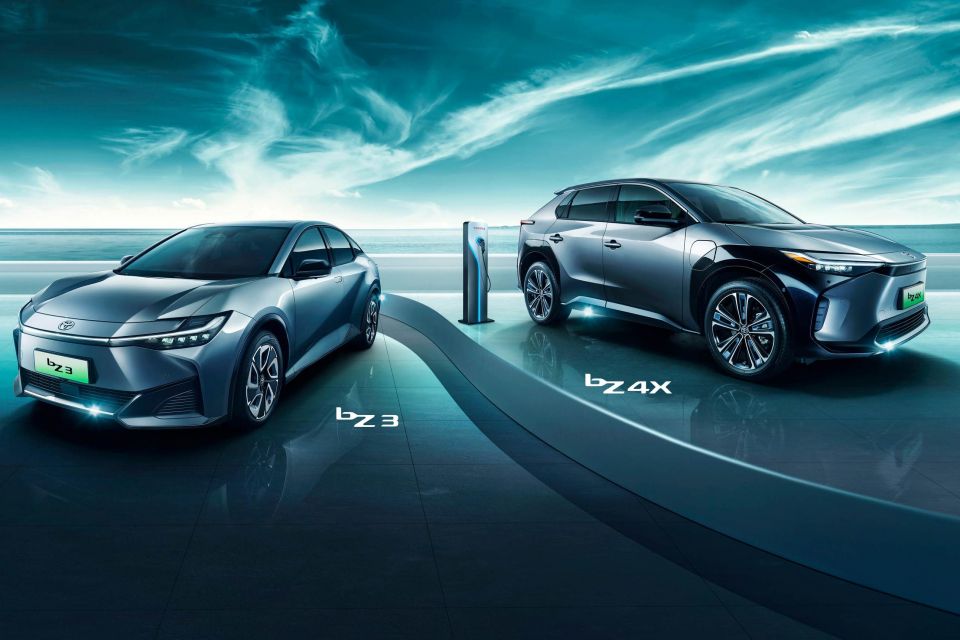
The company has argued there are a plethora of automotive solutions to the climate crisis, including hybrids, plug-in hybrids, BEVs, and hydrogen fuel-cell vehicles. As such it has been slower than most to embrace BEVs.
On top of this the rollout of its first e-TNGA models, the Toyota bZ4X and Subaru Solterra, were significantly hampered by a production stop of three months as the company struggled to fix an issue which that could lead to the wheels falling off.
MORE: Toyota to reboot EV plans, delaying some models – report MORE: Toyota: We’ve been reducing CO2 since before it was ‘trendy’ MORE: Greenpeace accuses Toyota of greenwashing, anti-EV lobbying MORE: Toyota Australia bristles at claims its lack of EVs make it a CO2 pariah
Go deeper on the cars in our Showroom, compare your options, or see what a great deal looks like with help from our New Car Specialists.
William Stopford is an automotive journalist with a passion for mainstream cars, automotive history and overseas auto markets.


Ben Zachariah
5 Hours Ago


James Wong
5 Hours Ago
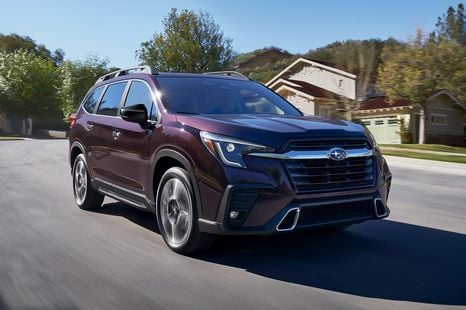

James Wong
5 Hours Ago
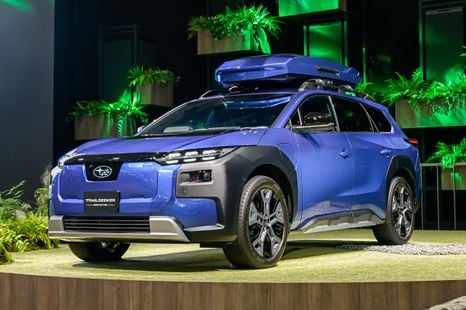

James Wong
5 Hours Ago
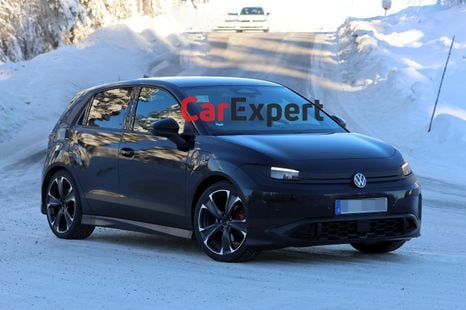

Damion Smy
11 Hours Ago
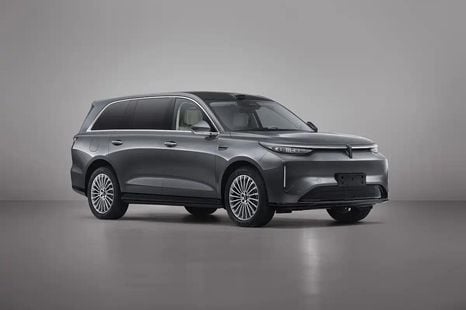

William Stopford
12 Hours Ago
Add CarExpert as a Preferred Source on Google so your search results prioritise writing by actual experts, not AI.